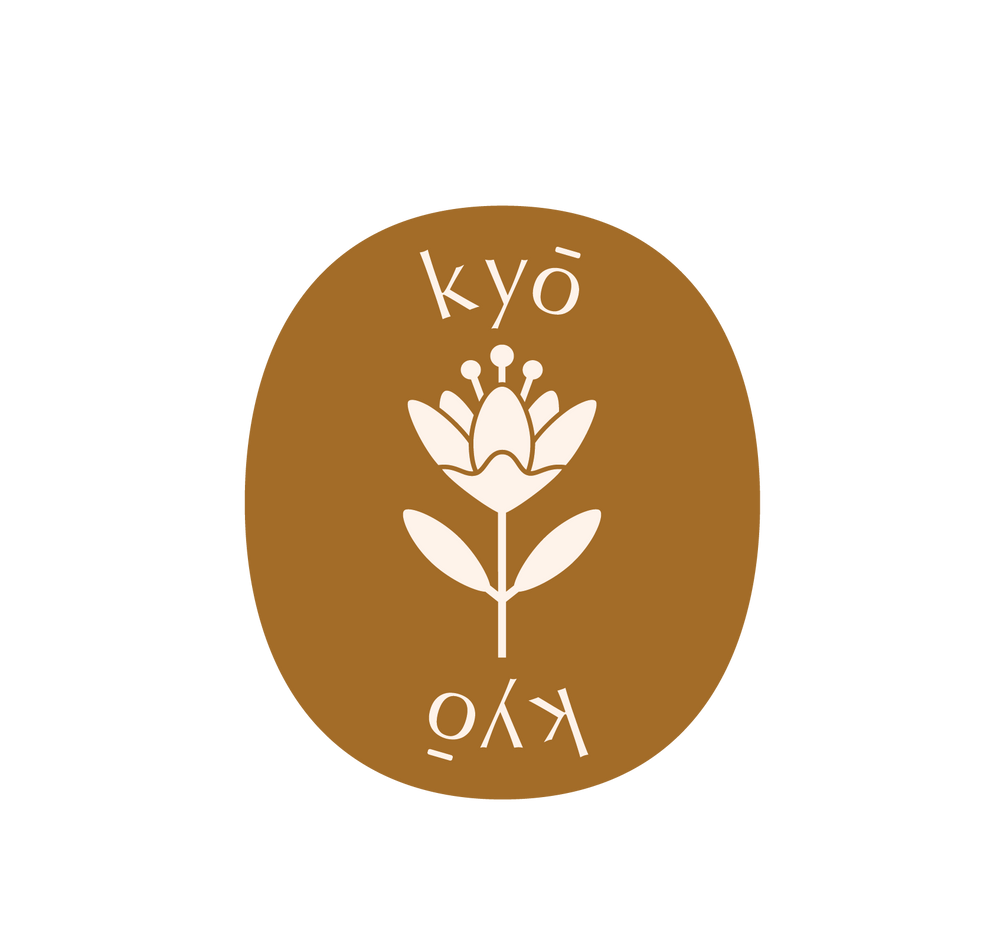

Baserange
Baserange Tank Jumpsuit
Seam in center front and back
Round neck
Low back
Undyed
50% Cotton 25% Recycled Cotton 25% Organic Cotton
Made in Portugal
Model wears a size S
Organic cotton
Origin: Brazil, India, Egypt
Certificates: GOTS, Oeko-Tex, OCS 100
- Cotton is a natural seed fiber.
- Cotton is the most common natural material used today in garment production. It is durable, breathable, absorbent, and soft. Cotton is ideal for dyeing and printing. The material is also biodegradable and hypoallergenic.
- Conventional cotton generally has a high environmental impact. It requires a vast amount of water and depletes the soil. To increase production, harmful pesticides, and fertilizers are used, polluting the grounds and waters.
- Baserange only sources organic cotton, as we want to ensure that no harmful chemicals are used in the entire production process, water consumption is controlled and workers' rights are also preserved.
- Organic cotton promotes and enhances biodiversity and biological cycles and is beneficial to human health and the environment. Even though the properties of organic cotton fiber are not as good as regular cotton fiber, the production of organic cotton is growing.
- There is also a lot of cotton that is certified organic, that may not actually be organic, as it is mixed with conventional cotton. This is because the demand for organic cotton is big, but it grows much slower than conventional cotton and droughts are becoming more common.
Care
We recommend a cold wash on a gentle cycle using natural detergent and hang drying for all our products. A colder wash saves electricity, the gentle cycle wears the fabric down less, natural detergent (especially with neutral PH) can retain the colour and elastane for longer and hang drying is easier on the clothing and the environment. Hand washing is always a good option too. If you are not separating delicates, use a laundry bag to protect the fabric from getting damaged. Look for a dense fabric for the laundry bag.
Naturally dyed garments are sensitive to sun exposure. To ensure colourfastness, do not dry or store in direct contact with the sun.
To reduce washes, we recommend airing or freezing your garments and spot cleaning whenever you have a stain. Airing helps in getting rid of the odour and you can do this by leaving your clothing outside overnight. Freezing gets rid of smell, mildew as well as moths and is effective when done for 6-12 hours. This helps keep clothing in better condition for longer and ensures the colours don’t fade.
Washing synthetic fibres releases microplastics into the water system, especially during the first washes, but washing the synthetic blend fabrics in a laundry bag that captures the microfibres allows you to dispose of the microfibres properly. You can also use a laundry ball or a washing machine filter.
Clothing can shrink about 5-7% in the wash.



